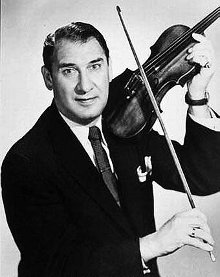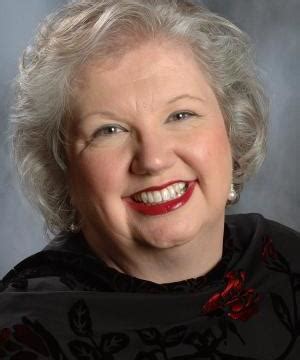A Quote by Tim Cope
In Khazak culture, historically, if any traveller comes riding from a long way, there is an obligation to take him into your home. For the first three days, the host doesn't even have the right to ask his name, his destination or his business.
Related Quotes
It is not the right of property which is protected, but the right to property. Property, per se, has no rights; but the individual - the man - has three great rights, equally sacred from arbitrary interference: the right to his life, the right to his liberty, the right to his property The three rights are so bound together as to be essentially one right. To give a man his life but to deny him his liberty, is to take from him all that makes his life worth living. To give him his liberty but take from him the property which is the fruit and badge of his liberty is to still leave him a slave.
The Landlord is a gentleman who does not earn his wealth. He has a host of agents and clerks that receive for him. He does not even take the trouble to spend his wealth. He has a host of people around him to do the actual spending. He never sees it until he comes to enjoy it. His sole function, his chief pride, is the stately consumption of wealth produced by others.
The soul is no traveller; the wise man stays at home, and when his necessities, his duties, on any occasion call him from his house, or into foreign lands, he is at home still, and shall make men sensible by the expression of his countenance, that he goes the missionary of wisdom and virtue, and visits cities and men like a sovereign, and not like an interloper or a valet.
In the first place, the government ought not to be invested with power to control the affections, any more than the consciences of citizens. A man has at least as good a right to choose his wife, as he has to choose his religion. His taste may not suit his neighbors; but so long as his deportment is correct, they have no right to interfere with his concerns.
There are three infallible ways of pleasing an author, and the three form a rising scale of compliment: 1, to tell him you have read one of his books; 2, to tell him you have read all of his books; 3, to ask him to let you read the manuscript of his forthcoming book. No. 1 admits you to his respect; No. 2 admits you to his admiration; No. 3 carries you clear into his heart.
A man is at the bar, drunk. I pick him up off the floor, and offer to take him home. On the way to my car, he falls down three times. When I get to his house, I help him out of the car, and on the way to the front door, he falls down four more times. I ring the bell and say, Here's your husband! The man's wife says, Where's his wheelchair?
[What for] was the first question he asked about any activity proposed to him - and nothing would make him act, if he found no valid answer. He flew through the days of his summer month like a rocket, but if one stopped him in mid-flight, he could always name the purpose of his every random moment. Two things were impossible to him: to stand still or to move aimlessly.
He loved me. He'd loved me as long as he he'd known me! I hadn't loved him as long perhaps, but now I loved him equally well, or better. I loved his laugh, his handwriting, his steady gaze, his honorableness, his freckles, his appreciation of my jokes, his hands, his determination that I should know the worst of him. And, most of all, shameful though it might be, I loved his love for me.

































